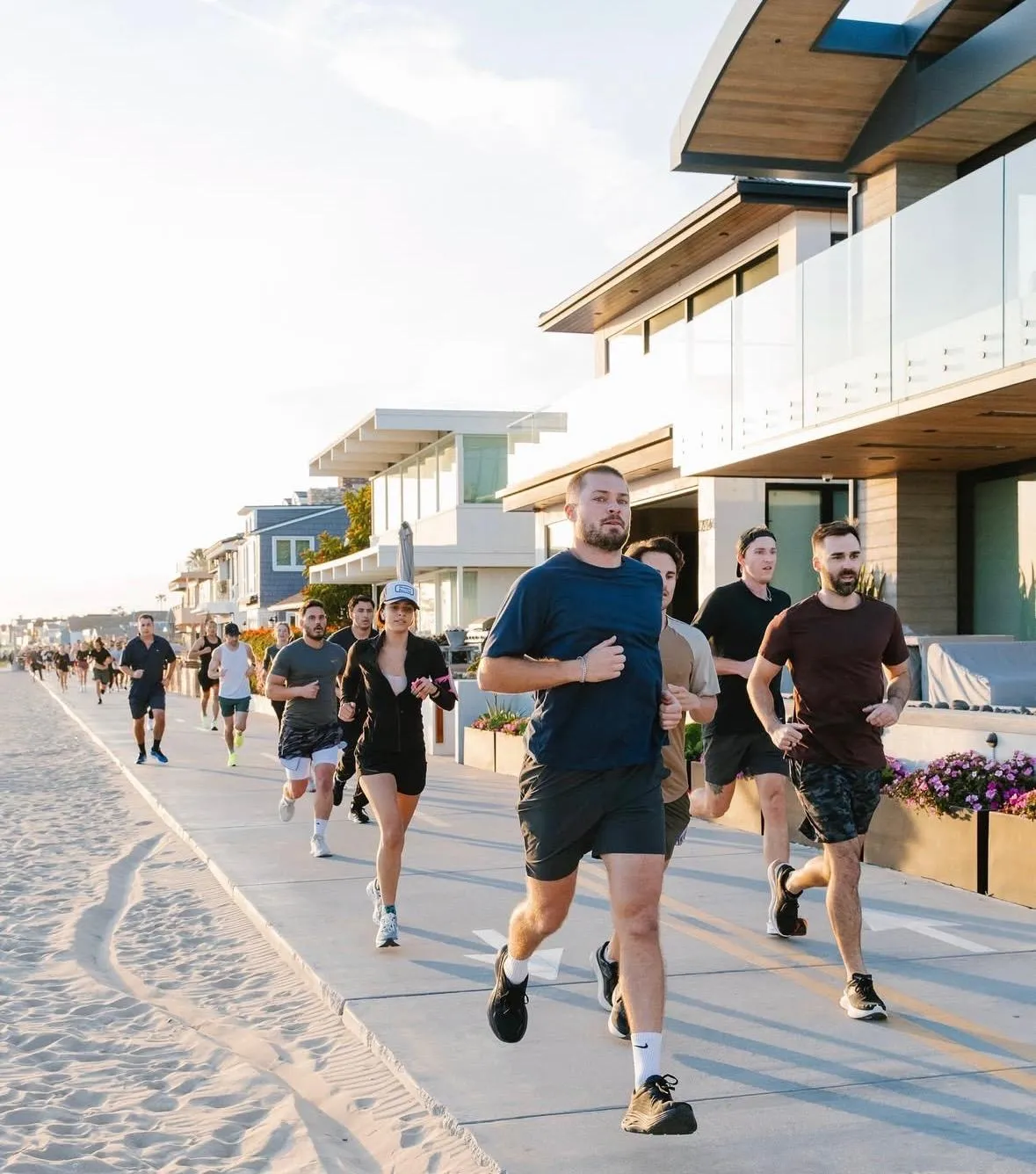
How to Avoid Running Injuries: Tips from a Physical Therapy Expert
How to Avoid Running Injuries: Tips from a Physical Therapy Expert
Whether you’re a beginner hitting the pavement for the first time or a seasoned marathoner, running injuries can derail your training and sideline your progress. The good news? Most running injuries are preventable. At Coastal Care Mobile Physical Therapy our physical therapy experts help runners stay strong, mobile, and injury-free with smart strategies backed by science.
In this post, we’ll share essential tips to help you avoid common running injuries and keep logging those miles pain-free.
🧠 1. Understand the Most Common Running Injuries
Knowing what to watch for is half the battle. Some of the most frequent running-related injuries include:
• Plantar fasciitis
• Shin splints
• Runner’s knee (patellofemoral pain syndrome)
• Iliotibial (IT) band syndrome
• Achilles tendinitis
• Stress fractures
These issues often stem from overuse, poor biomechanics, or muscle imbalances — all things that physical therapy can address.
🏋2. Strengthen Key Muscle Groups
Strong muscles support joints and absorb impact, reducing strain on bones and tendons. A targeted strength training program should focus on:
• Glutes and hamstrings – for hip stability
• Core muscles – for trunk control and posture
• Calves – for shock absorption and propulsion
Physical therapy exercises tailored to your unique body can help correct muscular imbalances and prevent breakdown over time.
📈 3. Increase Mileage Gradually
A sudden spike in mileage or intensity is a major cause of injury. Follow the 10% rule: don’t increase your weekly running distance by more than 10% per week.
A physical therapist specializing in running biomechanics can help you design a personalized training plan that supports safe progress.
👣 4. Get a Gait Analysis
Every runner has a unique stride. An improper gait can put extra stress on certain joints or tissues, eventually leading to injury. At Coastal Care Mobile Physical Therapy we offer professional running gait analysis to evaluate:
• Foot strike patterns
• Hip and knee alignment
• Cadence and posture
Using slow-motion video and clinical expertise, we help runners correct imbalances and improve efficiency.
👟 5. Wear the Right Running Shoes
The wrong shoe can cause or worsen injuries. Factors like arch type, pronation, and foot strike matter when choosing footwear. Replace your running shoes every 300–500 miles to maintain proper support.
Our physical therapists can recommend proper footwear and orthotics based on your biomechanics and running style.
🧘 6. Warm Up and Cool Down Properly
Dynamic stretching before a run and static stretching afterward can make a huge difference. Warming up activates muscles and increases circulation, while cooling down promotes recovery and flexibility.
Try this simple runner’s warm-up:
• Leg swings
• Walking lunges
• High knees
And don’t forget post-run stretches for calves, quads, hamstrings, and hip flexors.
🏥 When to See a Physical Therapist
If you’re feeling persistent pain, don’t push through it. Early intervention can prevent minor issues from becoming major injuries. A licensed physical therapist for runners can:
• Assess your movement patterns
• Design a personalized treatment and prevention plan
• Help you return to running safely and stronger than before
✅ Final Thoughts
Running is one of the most accessible and rewarding forms of exercise — but it demands respect. By building strength, improving form, and listening to your body, you can prevent running injuries and enjoy long-term success.
At Coastal Care Mobile Physical Therapy we specialize in sports physical therapy and injury prevention for runners of all levels. Whether you’re training for a 5K or a marathon, our team is here to support your journey.
📞 Contact us today to schedule a running assessment and take the first step toward injury-free running!
